Search
Search within Environmental Disasters
126 results found

Evidence review
Coming of Age: Communication’s Role in Powering Global Health
Communication has been a consistent current running through many major health developments of recent years. And yet, despite the demonstrated promise of communication as a tool for improving public health, not enough has been done to date to capitalise upon…

Evidence review
Still Left in the Dark? How People in Emergencies Use Communication to Survive – and How Humanitarian Agencies Can Help
In 2008, a BBC World Service Trust policy briefing argued that people affected by earthquakes, floods or other emergencies often lacked the information they needed to survive and that this only added to their stress and anxiety. Left in the…
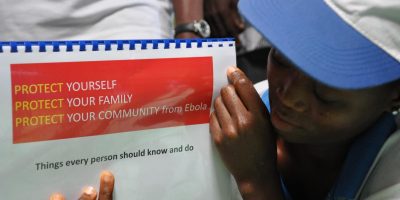
Evidence review
Using Media and Communication to Respond to Public Health Emergencies: Lessons Learned from Ebola
Failings during the early months of the Ebola outbreak caused the epidemic to become an unprecedented health crisis in West Africa. This cannot be repeated.
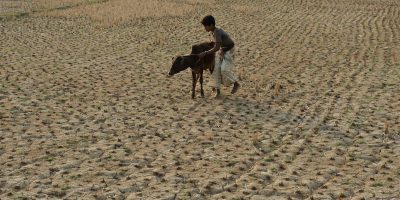
Briefing
Famine in Somalia and the Failure of Data-Driven Humanitarianism
Andrew Seal and Rob Bailey discuss the limitations of data-driven humanitarian efforts, and the lessons learned from the 2011 Somalia famine.
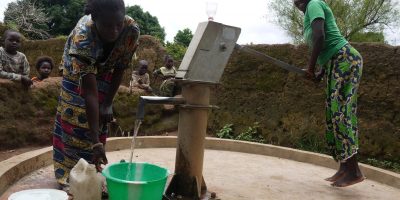
Briefing
Water and Sanitation in Humanitarian Emergencies
In a humanitarian crisis a population’s needs are great and many–for medical attention, shelter, safe water and adequate sanitation, food, and security. Disasters that occur in places that are already resource-poor and underserviced are more devastating than they might otherwise…

Briefing
Malaria Control in Emergencies: Time for Action
Estrella Lasry, Tropical Advisor to MSF, on measures taken by the organisation to predict and prevent malaria outbreaks in emergency situations.

Briefing
NCDs in Humanitarian Crisis
Access to essential medications, such as insulin, must be improved and the impact of NCD preventive activities and preparedness for crisis further addressed. Although this seems an insurmountable task, the impressive progress that has been made in the management of…
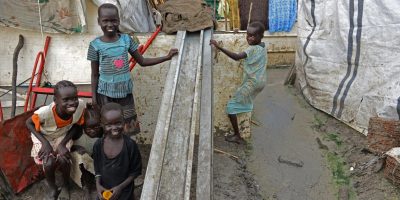
Evidence review
Health, Shocks and Poverty Persistence
In this paper we review the evidence on the impact of large shocks, such as drought, on child and adult health, with particular emphasis on Zimbabwe and Ethiopia. Our focus is on the impact of shocks on long-term outcomes, and…
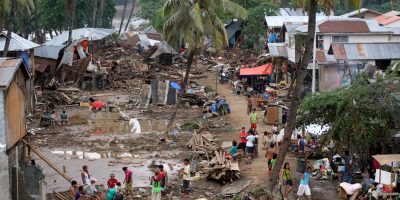
Evidence review
Interrelationships among Health, Environment Quality, and Economic Activity. What Consequences for Economic Convergence?
This paper examines the link between health indicators, environmental variables, and economic development, and the consequences of this relationship on economic convergence. In the early stage of economic development, the gain from income growth could be cancelled or mitigated by…

Evidence review
Health and the Urban Transition. Effects of Household Perceptions, Illness, and Environmental Pollution on Clean Water Investment
Recent efforts to reinvigorate the connections between urban planning and health have usefully brought the field back to one of its original roles. Current research, however, has focused on industrialized cities, overlooking some of the important urbanization processes in poor…

Briefing
Responding to Crises: What Can We Do? What’s Next?
Although sometimes over used, the word ‘crisis’ accurately describes many challenges of today’s world, such as climage change, war and refugees, economic volatility, pandemics, and the continuing unmet needs of the poor, hungry, and neglected. While much has been achieved — in…

Evidence review
Gold Mining Pollution and the Cost of Private Healthcare: The Case of Ghana
To attract greater levels of foreign direct investment into their gold mining sectors, many mineral-rich countries in sub-Saharan Africa have been willing to overlook serious instances of mining company non-compliance with environmental standards. These lapses in regulatory oversight and enforcement…


